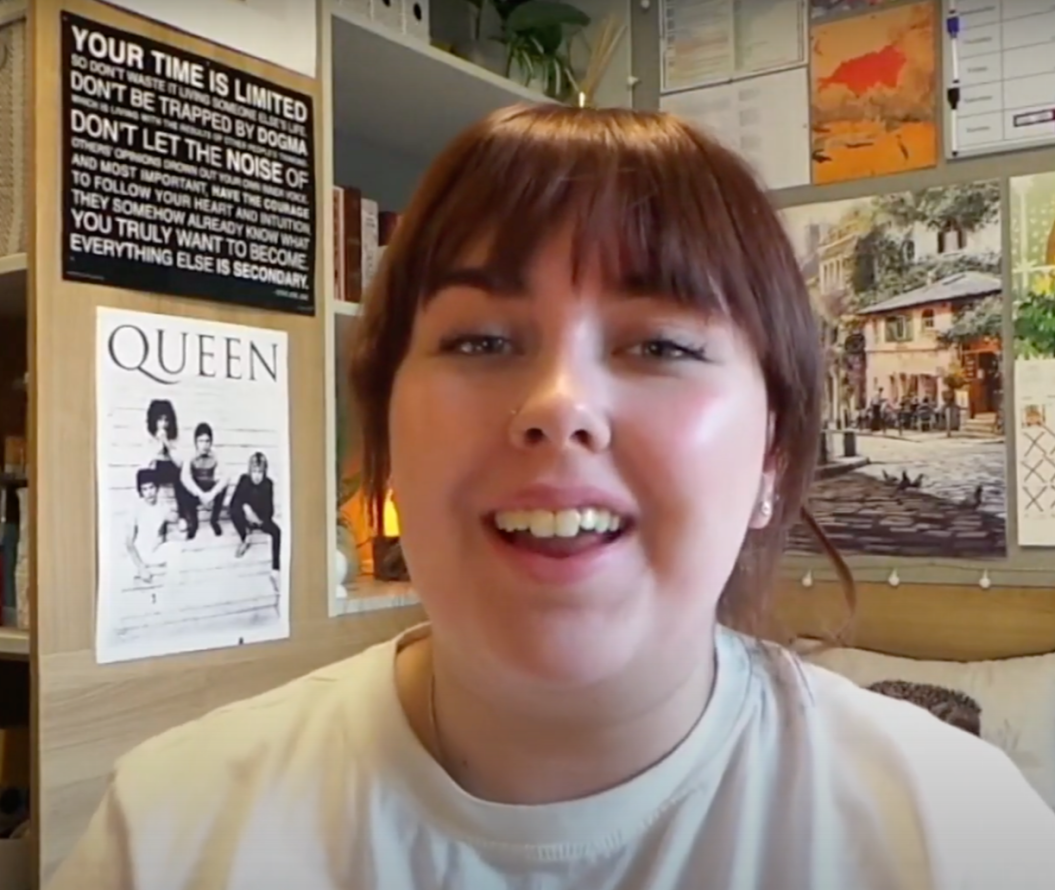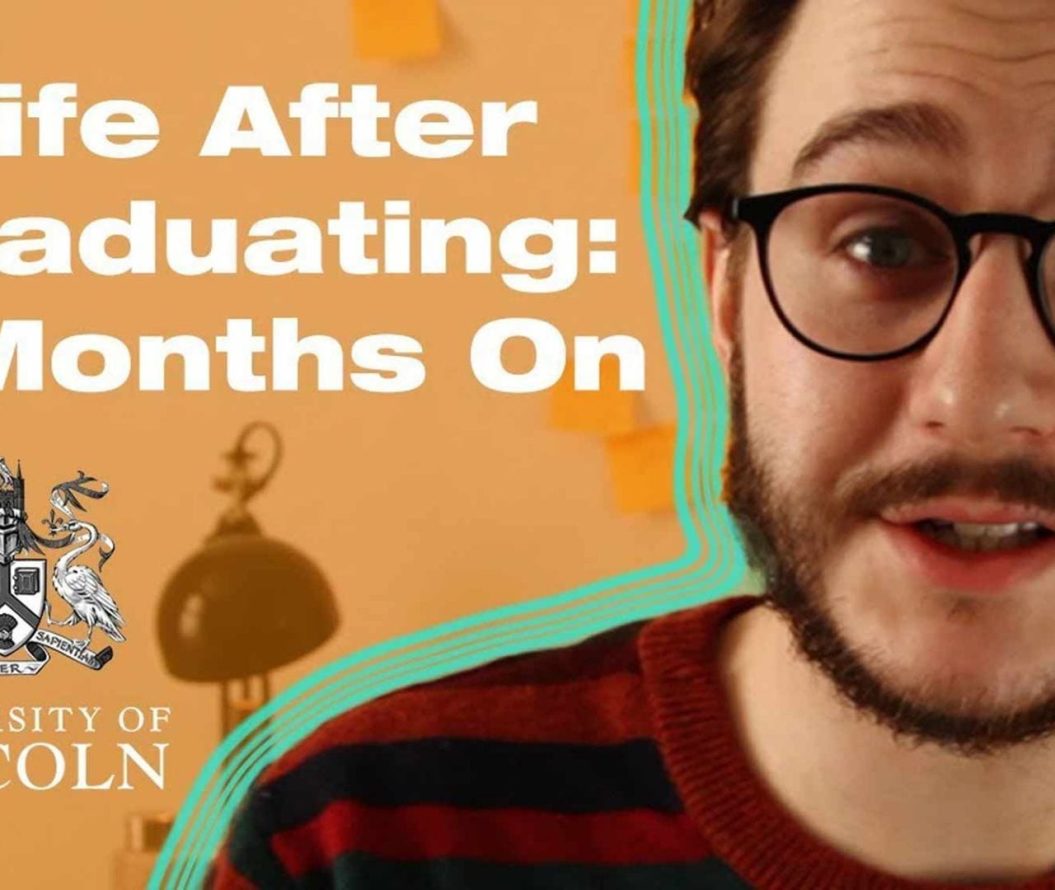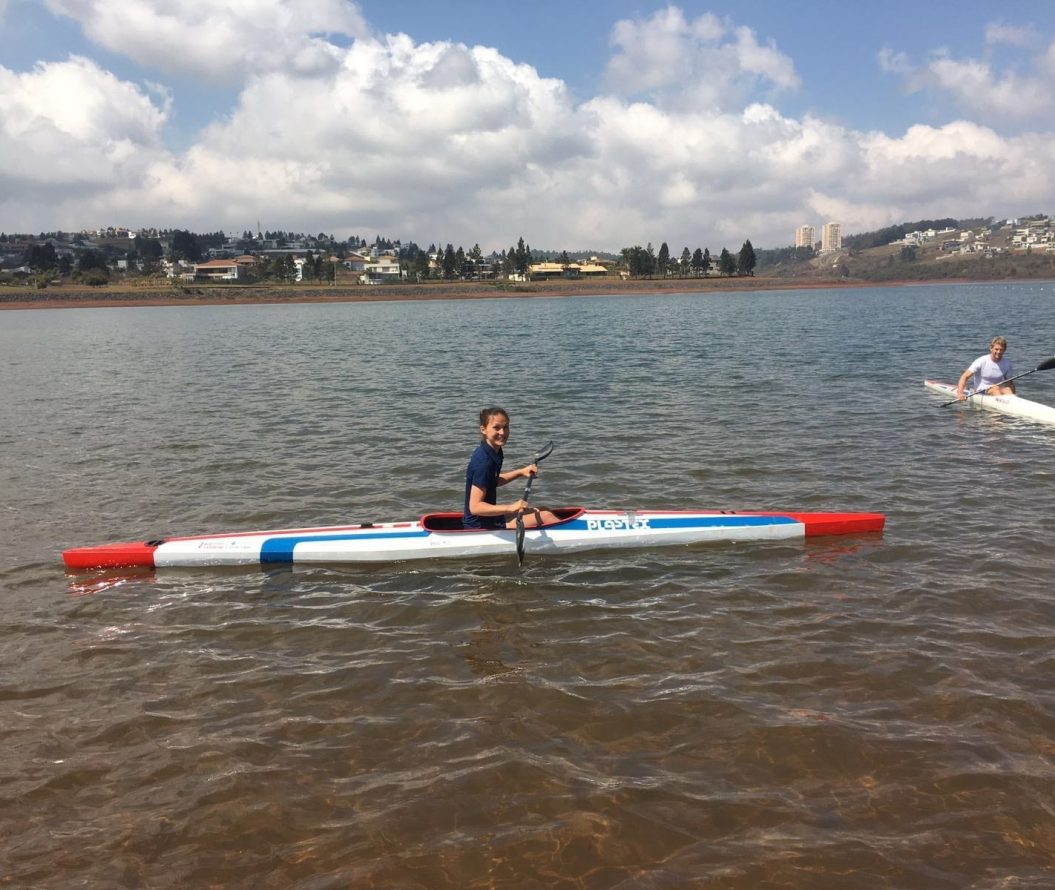
How to find the perfect placement
If your course is anything like mine, you’ve probably been told hundreds of times about the importance of work experience – how employers are always looking for experienced graduates, how it can give you an insight into places the classroom can’t, and how it’s a vital source of transferable skills.
But away from the buzzwords. We’ve all heard the horror stories about students spending their summers making tea for ungrateful office workers, all in the hope that maybe one day we’ll be the ones telling students how we like our coffee. But in my experience, internships and work experiences are nothing like that, and yours doesn’t have to be either.
Do your research
The most important piece of advice I can give to someone is – do your research. I really can’t stress this enough. Try asking students in the years above you, as they may have already done the placement you are looking at and can let you know more about it. Or, ask your tutors if they have access to any testimonials and search online for people who may have submitted one. Websites like Glassdoor are designed for full-time employees to leave reviews but even those can give valuable insight into the working environment.
I’ve just come back from a two-week placement at The Lincolnite and was doing exactly what I wanted to do. I wasn’t memorising drinks orders, I was a journalist like everyone else. I wasn’t surprised by this however because I’d spoken to students in third-year who had already been and done the same placement and they had assured me I’d be a valuable part of the team.
Know who to contact
Now you have your heart set on a location it’s time to find the right person to send your application to. Try and find who is in charge of work experience at that company, and send them an enquiry email. (If they already have an opening you can skip to number 3). Be aware that some companies may only accept applications through specific websites or through their own work experience portals. Grazia magazine for example posts all its openings on GoThinkBig and the BBC has its own careers website. So, knowing where to apply and who to send your application off to means you’re much more likely to get a placement. If you send it to the wrong place, it may get passed on but it will likely just get ignored.
Prepare a stand out CV
If you’re applying to a big company it’s likely they get hundreds of applications every day. This means you’ll need to make yours stand out. The cover letter is a very important tool here. Personalise your letter to the person you’re sending it to. Don’t use a dear sir/madam, use their name. Try and make specific references to the company, tell them which products you like and why you like them. This is especially important if the person you’re emailing has a hand in making them. For example, if you’re applying to a magazine it pays to talk about something they’ve written. As for the CV itself keep it simple. Bullet point your education and previous experience and splash a little colour in as a border. Try to avoid making it longer than a sheet of A4.
Get in early
Once you’ve perfected your CV and found who to send it to. You need to choose some dates. This is where step four comes in. Get in early. Work experiences get booked up very very quickly. Especially during the summer and holidays, so it’s important to send your applications off a good month or two before you want to go or you might miss out.
Be forward
Once you’re there don’t be afraid to be forward. Instead of sitting in the corner waiting to be told what to do, volunteer your ideas or ask to do certain tasks. If you wait to be told to do something you might never get a chance. Know what you came for and ask to do it. If you have a long placement it might be worth flagging up your goals early and they may be able to set something up especially for you. You never know unless you put yourself out there.
If you’re still struggling for all things work experience related the Careers Department is there for you. They’re on the second floor of the Students’ Union and are open for drop-in’s 10-3 Monday to Friday. Head up and ask them if any opportunities are available and what you can do to get your dream placement. They’re always willing to help.
- Topics
- CV
- Internship
- Networking
- Work experience



